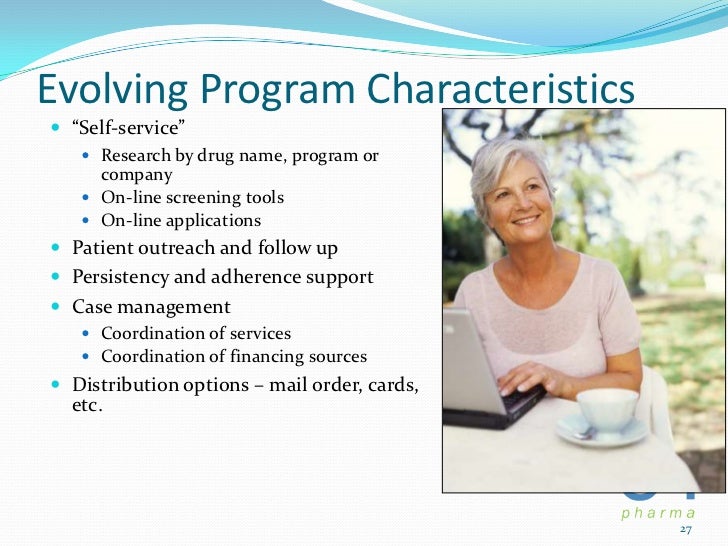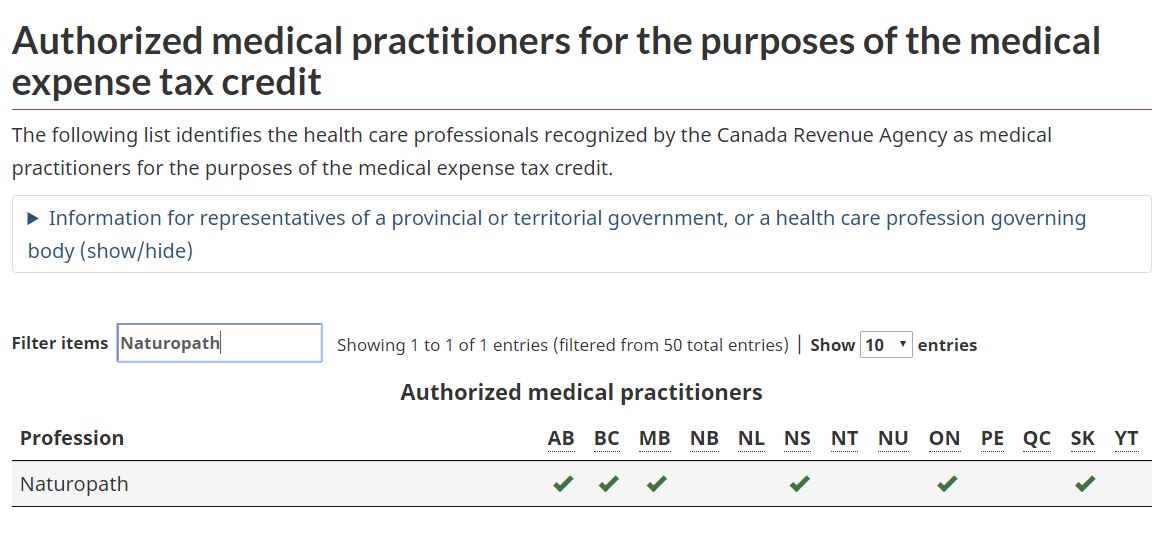
Are you eligible for free Carafate oral suspension?
You may be eligible to receive free Carafate oral suspension if you: Have been prescribed Carafate oral suspension. Are being treated by a licensed U.S. health care provider on an outpatient basis
How much does Carafate cost?
The cost for Carafate oral suspension (1 g/10 mL) is around $227 for a supply of 420 milliliters, depending on the pharmacy you visit. Prices are for cash paying customers only and are not valid with insurance plans.
What is Carafate used for?
Carafate (sucralfate) is a member of the miscellaneous GI agents drug class and is commonly used for Duodenal Ulcer, Duodenal Ulcer Prophylaxis, GERD, and others. This Carafate price guide is based on using the Drugs.com discount card which is accepted at most U.S. pharmacies.
How do I contact Carafate If I lost my health insurance?
If you lost employer-provided health insurance that covered your AbbVie treatment and can no longer pay for Carafate oral suspension, please call: 1-800-222-6885.

What is the cost of Carafate without insurance?
How much does Carafate cost without insurance? The average cost of Carafate without insurance may be around $283.06 for 1, 420ML of 1GM/10ML Suspension. You can purchase Carafate for only $17.99 for 120, 1gm Tablet of generic Carafate when you use a SingleCare Carafate copay card.
How do you get Carafate suspension?
For patients with difficulty swallowing whole or halved sucralfate tablets, a slurry may be prepared just prior to administration by placing a 1 gram tablet in a 30 mL medicine cup without crushing and adding 15 mL to 30 mL of water, preferably warm water but room temperature is adequate.
How much does Carafate suspension cost?
The cost for Carafate oral suspension (1 g/10 mL) is around $265 for a supply of 420 milliliters, depending on the pharmacy you visit. Prices are for cash paying customers only and are not valid with insurance plans.
How do you schedule Carafate?
Adults—One gram (g) four times a day, taken on an empty stomach for 4 to 8 weeks. Children—Use and dose must be determined by your doctor.
How is Carafate supplied?
The recommended adult oral dosage for duodenal ulcer is 1 g (10 mL/2 teaspoons) four times per day. CARAFATE should be administered on an empty stomach. Antacids may be prescribed as needed for relief of pain but should not be taken within one-half hour before or after sucralfate.
What is a good substitute for sucralfate?
Carafate.Protonix.Aciphex.Prilosec.Famotidine.Pepcid.
Is there a generic for Carafate suspension?
On December 3, 2019, Amneal Pharmaceuticals announced the launch of an AB-rated generic version of Allergan's Carafate (sucralfate) oral suspension. Carafate is approved for the short-term (up to 8 weeks) treatment of active duodenal ulcer. Sucralfate is also available generically as a tablet.
What tier drug is Carafate?
What drug tier is sucralfate typically on? Medicare prescription drug plans typically list sucralfate on Tier 2 of their formulary. Generally, the higher the tier, the more you have to pay for the medication.
Can Carafate make you sleepy?
itching, rash; dizziness, drowsiness; sleep problems (insomnia);
When would Carafate 4 times daily be scheduled for?
Tips. The usual dosage for ulcer treatment is four times daily on an empty stomach (at least an hour before food and at bedtime). Take as directed by your doctor. Continue for the duration recommended or until x-ray or endoscopic exam confirms ulcer healing.
Is Carafate a prescription?
Carafate is a prescription medicine used to treat the symptoms of Duodenal Ulcer. Carafate may be used alone or with other medications. Carafate belongs to a class of drugs called Gastrointestinal Agents, Other. It is not known if Carafate is safe and effective in children.
Can you take Carafate long term?
Carafate should be administered with care as long term use may cause symptoms such as aluminium encephalopathy, aluminium osteomalasia, and anemia. Reporting suspected adverse reactions after authorisation of the medicine is important. It allows continued monitoring of the benefit/risk balance of the medicine.
Is Carafate sold over the counter?
This medicine is available only with your doctor's prescription. This product is available in the following dosage forms: Tablet. Suspension.
What is Carafate 1gm 10ml susp used for?
This medication is used to treat ulcers in the intestines. Sucralfate forms a coating over ulcers, protecting the area from further injury. This helps ulcers heal more quickly.
Is there a generic for sucralfate?
What is the brand name of Sucralfate? Sucralfate is a generic prescription drug. The brand-name version of this drug is Carafate.
How long does it take Carafate to start working?
Just know that sucralfate (Carafate) is protecting your GI tract so that it can heal the ulcer, but it may take up to 4 to 8 weeks before you receive the full benefit of taking sucralfate (Carafate).
Important Note
The following information is intended to supplement, not substitute for, the expertise and judgment of your physician, pharmacist or other healthcare professional. It should not be construed to indicate that use of the drug is safe, appropriate, or effective for you. Consult your healthcare professional before using this drug.
How To Use
Take on an empty stomach one hour before or two hours after meals. Do not stop taking this medication without your doctor's approval. Stopping therapy too soon may result in ineffective treatment. Antacids can block the effect of this medication. Do not take antacids 30 minutes before or after taking this medication
Side Effects
Indigestion, dizziness, dry mouth, back pain, or itching may occur as your body adjusts to the medication. If these effects persist or worsen, inform your doctor. If you notice other effects not listed above, contact your doctor or pharmacist.
Precautions
Tell your doctor your medical history especially of: stomach/intestinal problems, kidney disease, difficulty swallowing, any allergies. Before using this medication, tell your doctor if you are pregnant. It is not known if this drug is excreted into breast milk. Consult your doctor before breast-feeding.
Drug Interactions
Inform your doctor about all the medicines you may use (both prescription and nonprescription), especially if you are taking: certain antibiotics (tetracyclines such as doxycycline or quinolones such as ciprofloxacin), antacids, phenytoin, cimetidine, ranitidine, digoxin, ketoconazole, penicillamine, theophylline.
Overdose
If overdose is suspected, contact your local poison control center or emergency room immediately. Symptoms of overdose may include stomach pain, nausea, vomiting, or heartburn.
Notes
Your doctor may recommend some lifestyle changes such as stress-reducing programs, diet changes and exercise to assist in treatment and prevention of ulcers.
How much does carafate cost?
The cost for Carafate oral suspension (1 g/10 mL) is around $250 for a supply of 420 milliliters, depending on the pharmacy you visit. Prices are for cash paying customers only and are not valid with insurance plans.
What is carafate used for?
Carafate (sucralfate) is a member of the miscellaneous GI agents drug class and is commonly used for Duodenal Ulcer, Duodenal Ulcer Prophylaxis, GERD, and others.
How much does a free drug card save?
The free Drugs.com Discount Card works like a coupon and can save you up to 80% or more off the cost of prescription medicines, over-the-counter drugs and pet prescriptions.

Important Note
- The following information is intended to supplement, not substitute for, the expertise and judgment of your physician, pharmacist or other healthcare professional. It should not be construed to indicate that use of the drug is safe, appropriate, or effective for you. Consult your healthcare professional before using this drug. SUCRALFATE - ORAL (su...
How to Use
- Take on an empty stomach one hour before or two hours after meals. Do not stop taking this medication without your doctor's approval. Stopping therapy too soon may result in ineffective treatment. Antacids can block the effect of this medication. Do not take antacids 30 minutes before or after taking this medication
Side Effects
- Indigestion, dizziness, dry mouth, back pain, or itching may occur as your body adjusts to the medication. If these effects persist or worsen, inform your doctor. If you notice other effects not listed above, contact your doctor or pharmacist.
Precautions
- Tell your doctor your medical history especially of: stomach/intestinal problems, kidney disease, difficulty swallowing, any allergies. Before using this medication, tell your doctor if you are pregnant. It is not known if this drug is excreted into breast milk. Consult your doctor before breast-feeding.
Drug Interactions
- Inform your doctor about all the medicines you may use (both prescription and nonprescription), especially if you are taking: certain antibiotics (tetracyclines such as doxycycline or quinolones such as ciprofloxacin), antacids, phenytoin, cimetidine, ranitidine, digoxin, ketoconazole, penicillamine, theophylline. Do not start or stop any medicine without doctor or pharmacist appr…
Overdose
- If overdose is suspected, contact your local poison control center or emergency room immediately. Symptoms of overdose may include stomach pain, nausea, vomiting, or heartburn.
Notes
- Your doctor may recommend some lifestyle changes such as stress-reducing programs, diet changes and exercise to assist in treatment and prevention of ulcers.
Missed Dose
- If you miss a dose, take as soon as remembered; do not take if it is almost time for the next dose, instead, skip the missed dose and resume your usual dosing schedule. Do not double the dose to catch up.